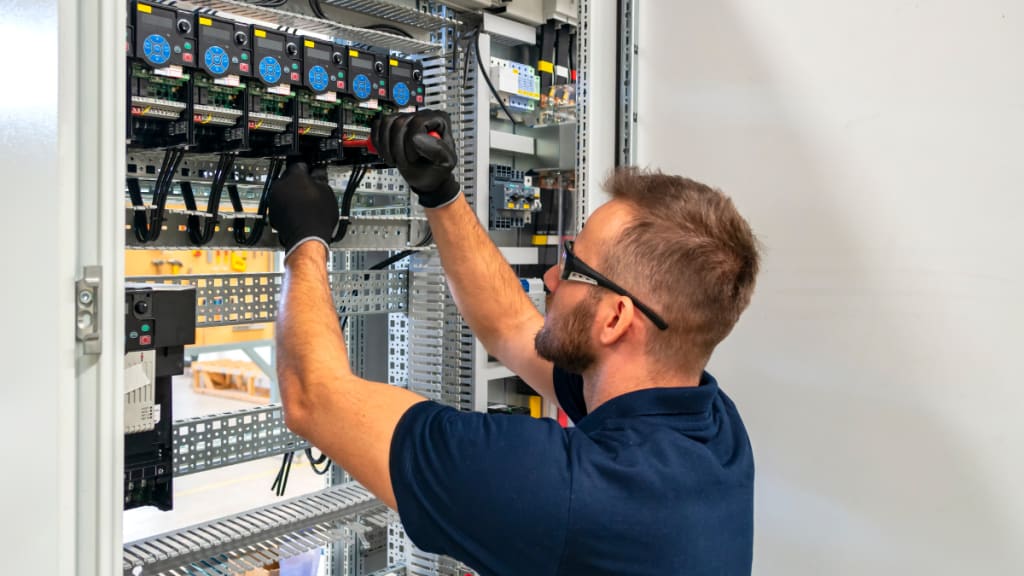Power Transducer: Understanding the Heart of Electrical Measurements
Learn how these devices work, their applications, advantages, and the challenges they face in electrical engineering. Get insights into their vital role in ensuring precision, efficiency, and electrical safety.

Introduction
In the realm of electrical engineering, precise measurements are the foundation of all operations. To achieve this precision, we rely on a vital component known as a Power Transducer. This article will delve into the fascinating world of power transducers, shedding light on their importance, functionality, and applications. So, let's get started by understanding the basics.
What is a Power Transducer?
A power transducer, at its core, is a device that converts one form of electrical power into another. It plays a crucial role in monitoring, measuring, and managing electrical power.
How Power Transducers Work
Understanding the inner workings of power transducers is fundamental. These devices operate on the principle of electromagnetic induction. When electrical power flows through a conductor, it generates an electromagnetic field. The power transducer harnesses this field to make measurements, which are then translated into meaningful data.
Types of Power Transducers
1. Active Power Transducers
Active power transducers measure the real power in an electrical circuit. They are capable of dealing with both single-phase and three-phase systems.
2. Reactive Power Transducers
Reactive power transducers are specialized in measuring reactive power, which is vital for assessing the efficiency of power factor correction systems.
3. Apparent Power Transducers
Apparent power transducers provide insights into the combination of real and reactive power, which is crucial for load analysis and sizing of electrical equipment.
4. Digital Power Transducers
Digital power transducers have revolutionized the field with their ability to provide accurate measurements and easy integration into digital control systems.
Applications of Power Transducers
1. Industrial Automation
Power transducers are extensively used in industries to ensure smooth operations by monitoring power quality and consumption.
2. Renewable Energy
In the world of renewable energy, power transducers help assess the efficiency of solar panels, wind turbines, and other green energy sources.
3. Home Energy Management
Power transducers play a role in smart homes by assisting homeowners in managing their energy consumption effectively.
4. Electrical Safety
Power transducers are instrumental in maintaining electrical safety standards by monitoring and managing power quality.
Advantages of Power Transducers
1. Precision
Power transducers provide highly accurate measurements, ensuring the integrity of electrical systems.
2. Efficiency
They enhance the efficiency of power distribution by preventing power losses.
3. Data Acquisition
Power transducers facilitate the collection of data necessary for optimization and decision-making.
Challenges in Power Transducer Technology
1. Compatibility
Ensuring compatibility with a wide range of electrical systems can be challenging.
2. Calibration
Regular calibration is required to maintain measurement accuracy.
Conclusion
Power transducers are the unsung heroes of the electrical engineering world. They are essential for maintaining the integrity of electrical systems, optimizing power usage, and ensuring the safety of both industrial and domestic environments. Understanding their functions and applications is a key step towards harnessing the full potential of electrical power.
FAQs
1. What is the primary function of a power transducer?
Power transducers convert one form of electrical power into another and play a pivotal role in measuring and monitoring power.
2. How are power transducers categorized?
Power transducers are categorized into active, reactive, apparent, and digital types based on their functions.
3. In which industries are power transducers commonly used?
Power transducers find applications in industrial automation, renewable energy, and home energy management.
4. What are the advantages of using power transducers?
Power transducers offer precision, efficiency, and data acquisition, making them indispensable in electrical engineering.
5. What challenges do power transducer technologies face?
Challenges include ensuring compatibility with various electrical systems and the need for regular calibration to maintain accuracy.





Comments
There are no comments for this story
Be the first to respond and start the conversation.